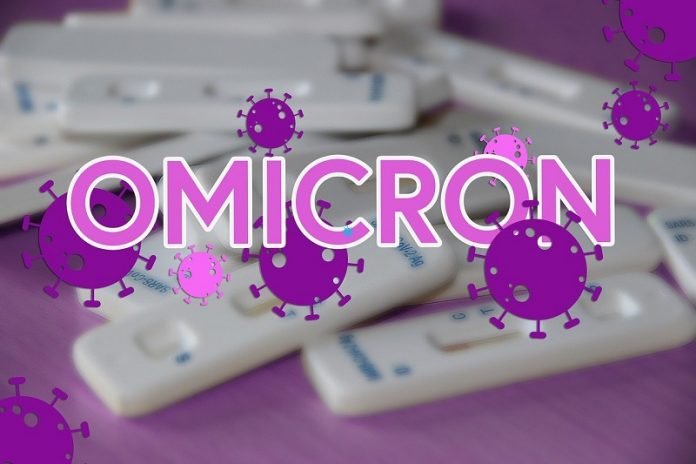
In a new study from the Chinese Academy of Sciences, researchers found new evidence for a possible mouse origin of the Omicron variant.
Their main idea is that a mouse could have somehow been infected with the human virus by “reverse zoonotic transfer,” whereupon the virus evolved all or many of its 45 novel mutations, and then subsequently was transferred back to humans.
While this theory might explain why Omicron appears so anomalous when plotted on a phylogenetic tree against the usual suspects, there is one major problem:
The authors reasoned that if Omicron did, in fact, evolve in a mouse, then the detailed specifics of the 45 mutations that it acquired there should directly reflect this.
In other words, since each organism has different DNA repair mechanisms, nucleotide abundances, codon preferences, oxidative backgrounds and other mutational proclivities, then the “molecular spectrum” of their mutations should reveal a species-specific signature.
Nonetheless, the researchers reasonably constructed this spectrum during the evolution of Omicron, B.1.1.529 from its closest ancestor.
They found that the molecular mutational spectrum from Omicron was significantly different from that of all the other viruses that evolved in human patients but closely resembled the spectra associated with virus evolution in mouse cells.
While others have recently suggested that Omicron might have originated following a brief foray in an intermediate host like a rat, or even a deer, this study is the first to put actual meat on the bones of this kind of zoonotic two-step.
The authors suggest that the observed mutations, as well as insertions and deletions, might be consistent with evolution in mice over the course of roughly one year.
However, estimating mutational lag times like this is notoriously difficult, and often a bit subjective.
If Omicron did switch to the mouse, then what kind of mouse was it? Namely, was it a wild mouse or a lab mouse? If the latter, a whole mouse or just cells from a mouse? These questions still need to be answered by future work.
If you care about Covid, please read studies that people with these mental problems less likely to get COVID-19, and COVID-19 booster shots prompt stronger, longer protection than original shots.
For more information about Covid, please see recent studies about new COVID vaccine for older people, and results showing this diet may help reduce inflammation in COVID-19.
The study is published in the Journal of Genetics and Genomics. One author of the study is Changshuo Wei.
Copyright © 2022 Knowridge Science Report. All rights reserved.



